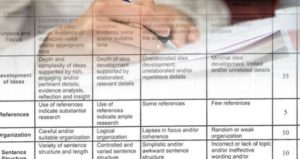Improve Student Comprehension through Summarizing Assignments
One of the fundamental causes of poor student performance is not knowing how to read academic work. They read for facts rather than underlying themes. It has been proven that the best note-taking method is one that forces active reading by having readers summarize positions






